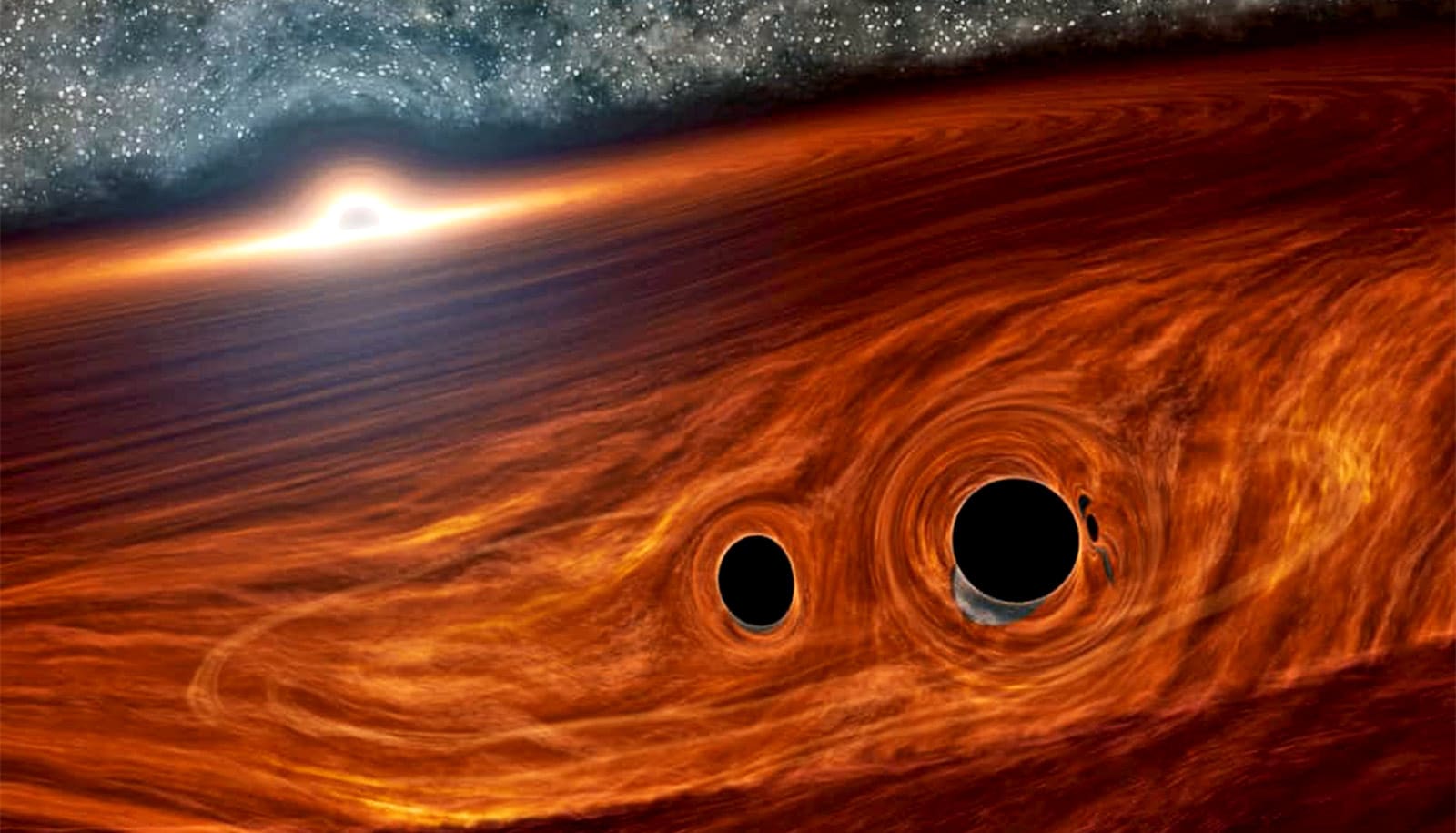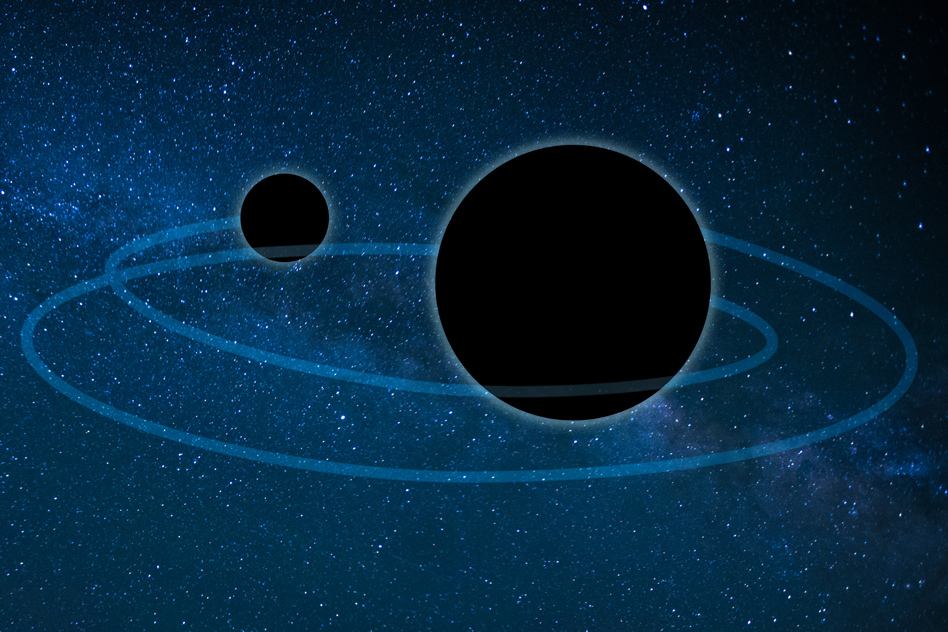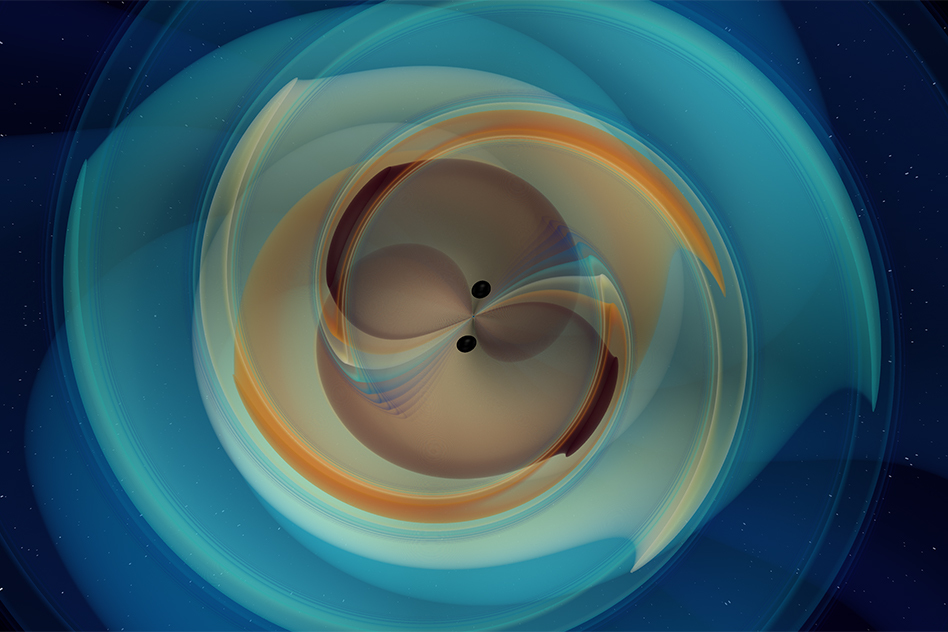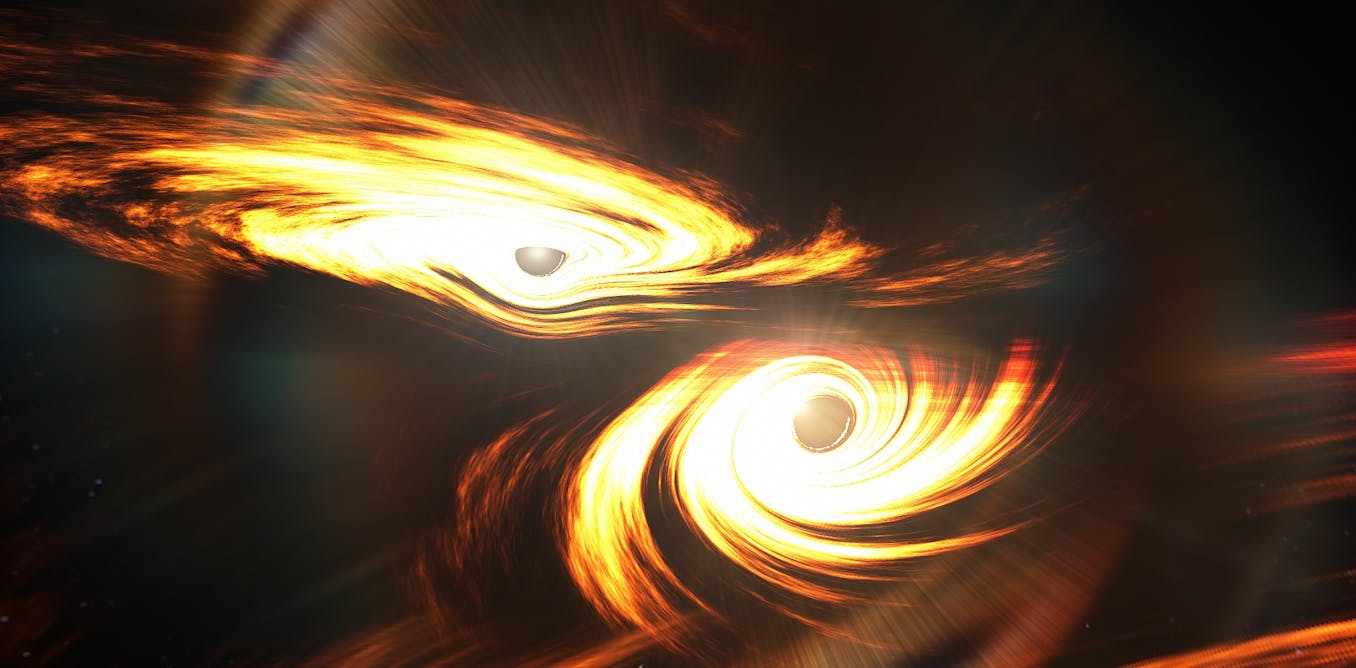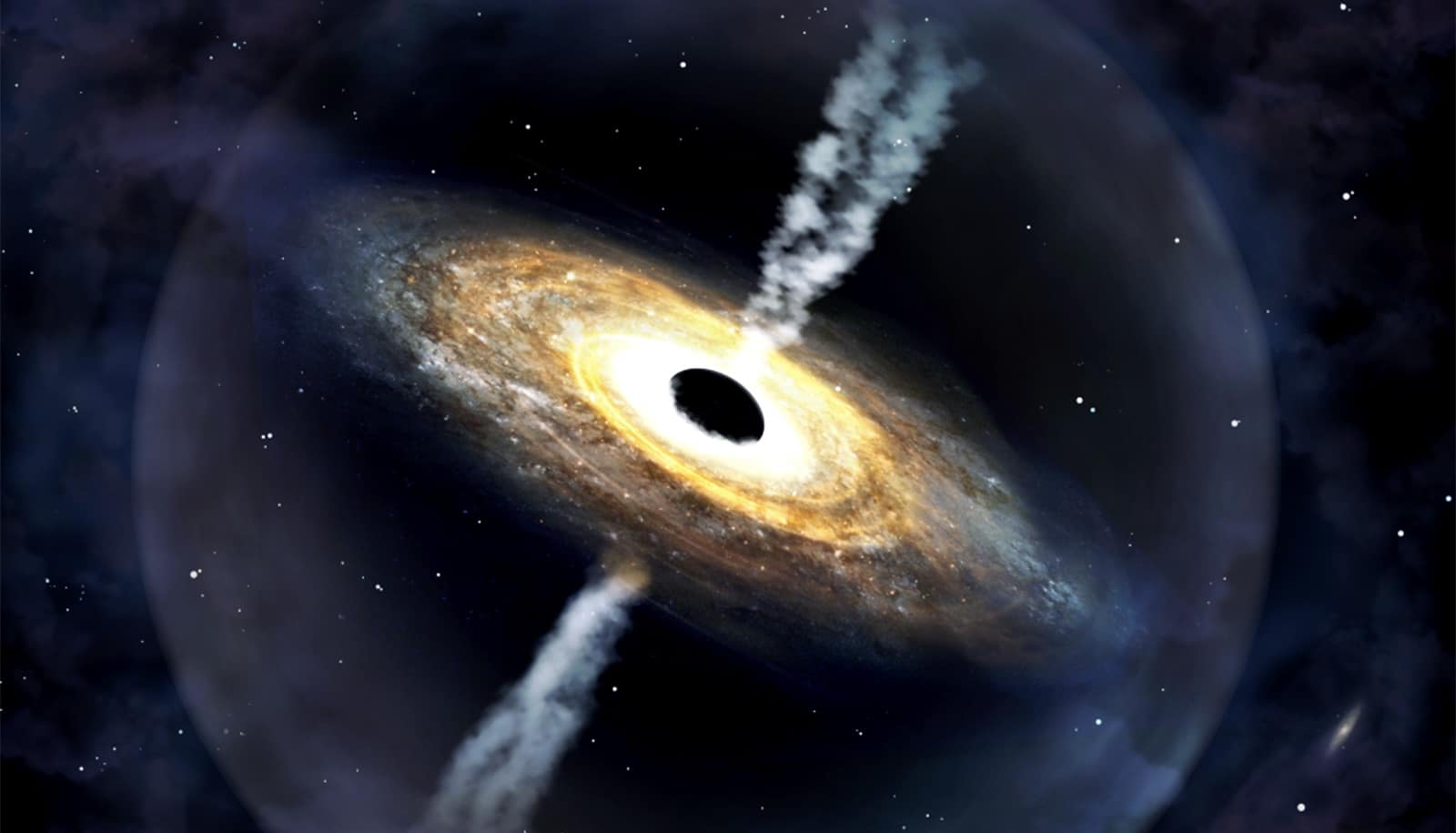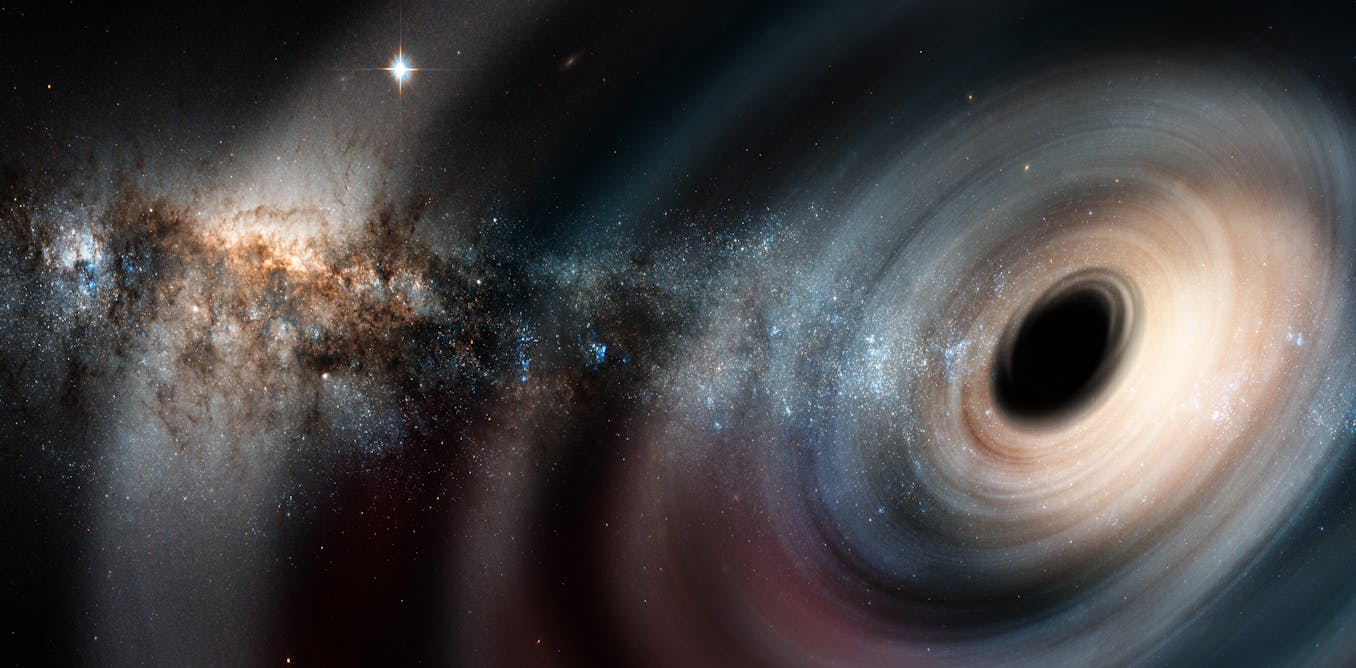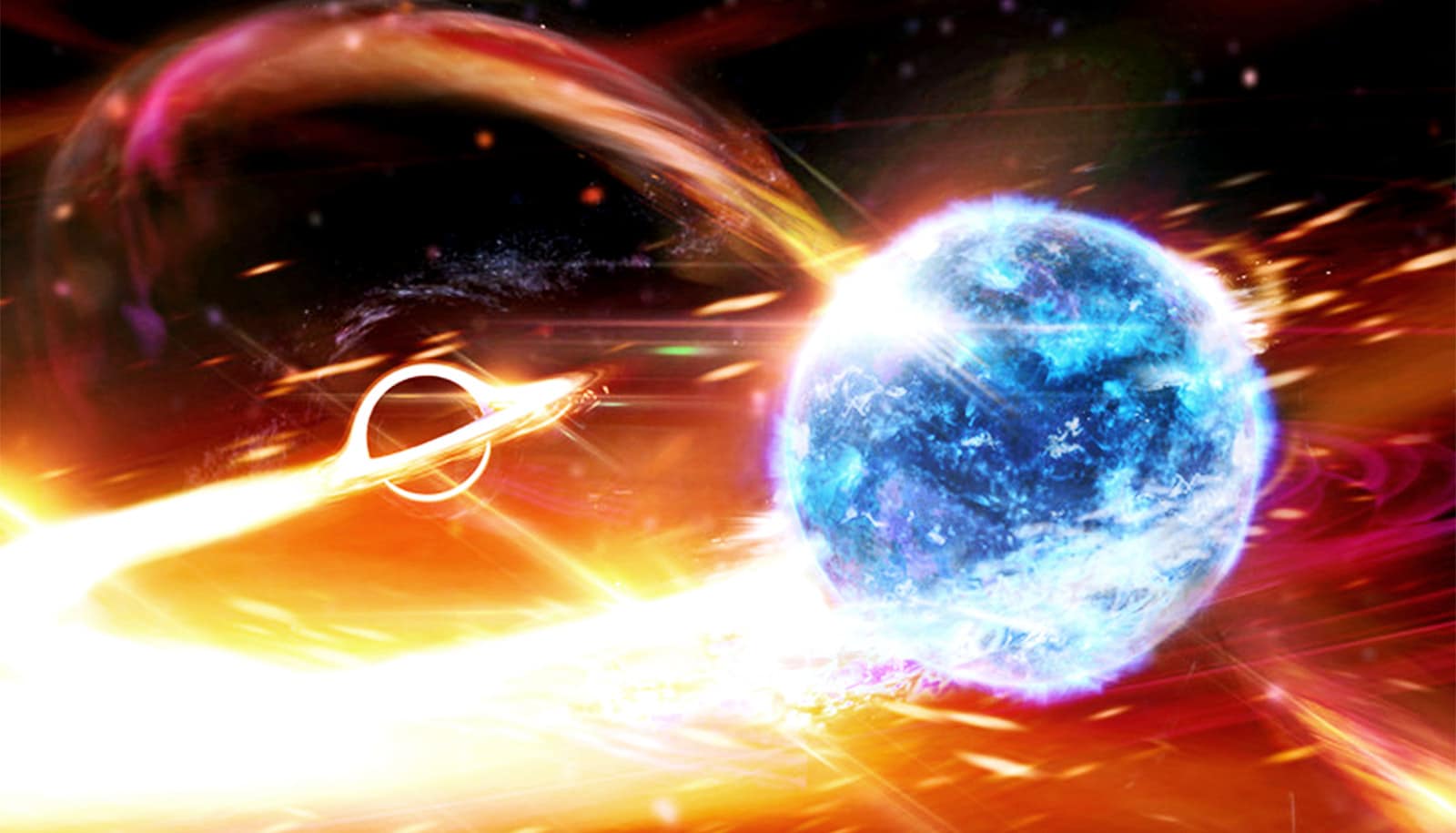Gravitational waves: astronomers spot a black hole so massive they weren't sure it could exist
New discovery settles a wager between astrophysicists: black holes can merge repeatedly.
Ilya Mandel, Honorary Professor of Theoretical Astrophysics, University of Birmingham •
conversation
Sept. 2, 2020 • ~7 min
Sept. 2, 2020 • ~7 min
/
20

